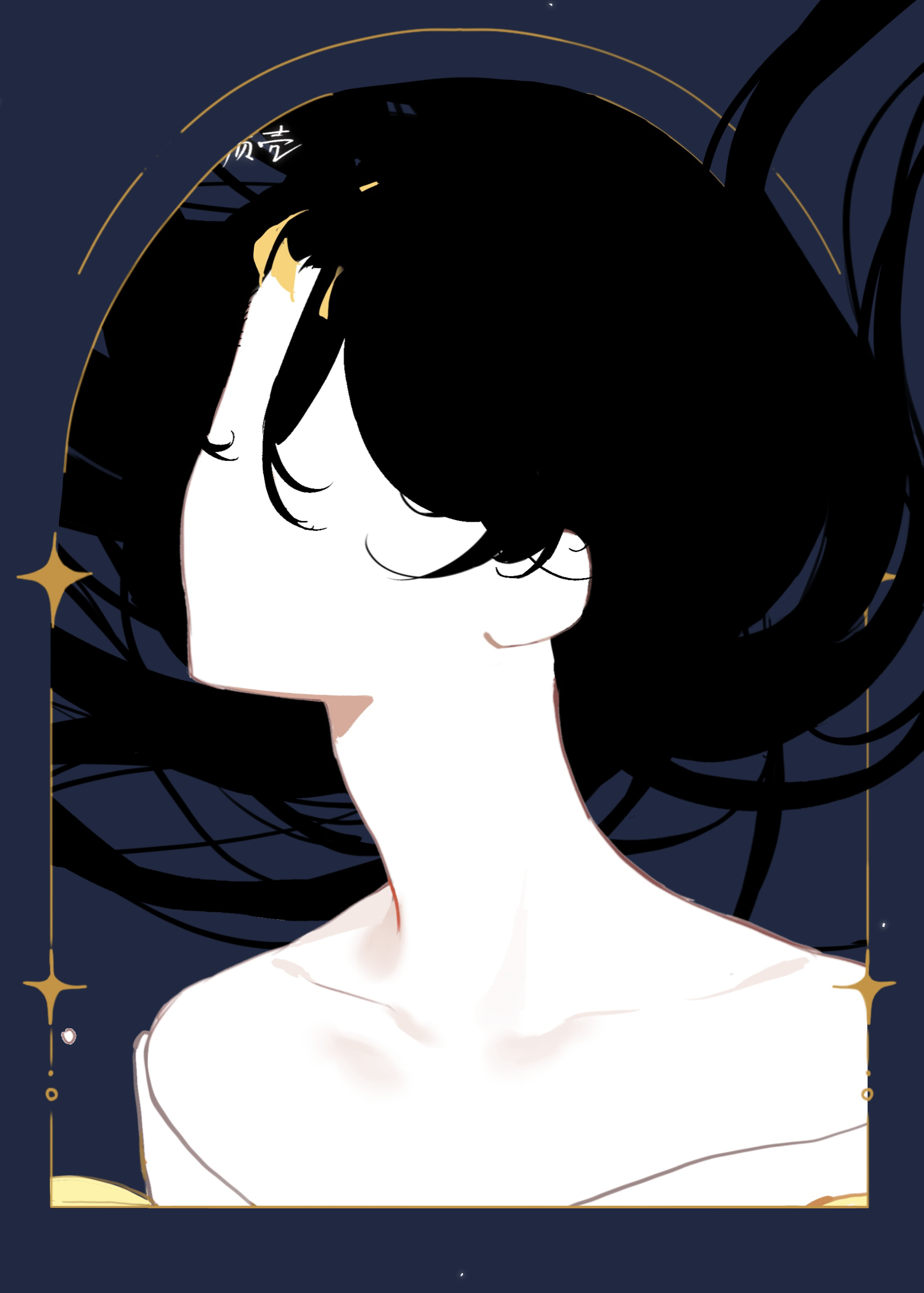Idun
Idun
| |||||||
|---|---|---|---|---|---|---|---|
| |||||||
| |||||||
| Additional Titles | |||||||
| • Lady of Roses • Star of Joy • Paradise’s Keeper | |||||||
Idun Distel was the princess of Khaenri’ah prior to the Cataclysm. She is the adoptive daughter of King Irmin.
Following the destruction of her homeland, she has since taken on different identities.
Profile
Idun first appears in texts carved in ruins in Avidya Forest. The World Quest ‘Thiassifall,’ the texts were deciphered to describe Idun as a cheery yet vain woman aged seventeen. However, other titles bestowed upon her imply that she was well-loved.
Capitano implies involvement in much of Idun’s time as a princess as he says to have shared his years of youth with her. However, he was unable to find her during the fall of their nation, and had assumed she has died since then. He was soon corrected upon recognizing her appearance under a new identity around two hundred years ago.
Her current identity, Elena, expresses her wish to return to being Idun.
Appearance
Idun is described in multiple instances to have hair as dark as the night skies and a comely appearance. She was said to take after her mother in terms of appearance.
Story
As a girl, Idun was taken in by King Irmin as his daughter. The circumstances which led her to be adopted is unknown, but most scholars accepted the explanation of her father being a close companion to the King. Nonetheless, she was the joy of the king, and her spoiled upbringing brought upon her haughty personality. In her youth, she was uncooperative and arrogant. She talked down to whomever she wished with no regard for diplomatic relationships to be maintained. She was easily angered and would not forget a slight, vowing to pay it back thricefold.
At some point in her childhood, she met a young boy aspiring to be a knight. Idun, taken by the boy, swore to help him rise to the ranks. Years spent with him were described by Idun with pure joy. However, as the years went by, he grew discontent of her support, believing Idun’s meddling to be the true reason why he had obtained a title, rather than the show of his talent. Upset, Idun demanded for her father to strip the commander of his title, but her demands fell on deaf ears as Irmin was impressed by the knight.
Heartbroken with the rejection of her father and the words of the commander, Idun grew more rebellious. However, it was noted to be short-lived as the years brought her to womanhood.
As a woman, Idun was a respected courtier, an adviser to her father. Her advice was said to be sound and showed true logic and compassion to her subjects.
Her days as an advisor would come to an abrupt end as her father became incapacitated, and Khaenri’ah fell.
Legacy
Though most information surrounding her time in Khaenri’ah has been destroyed, Idun was noted to be adamantly against the majority of forbidden knowledge-derived practices. Surviving portrayals of Idun depict her destroying her father’s machines.
Trivia
• Idun is a rather obscure figure in Khaenri’ahn history, with very few people aware of her existence. Scholars who have pursued studies in Khaenri’ahn history say that researching any matter related to Idun is difficult as her traces are almost wiped away from history.
• Elena admits to searching for and destroying all ruins or objects that may link back to Idun.
Etymology
• In Norse mythology, Iðunn is the goddess of spring and keeper of apples which the gods eat to maintain immortality.
 art by
art by